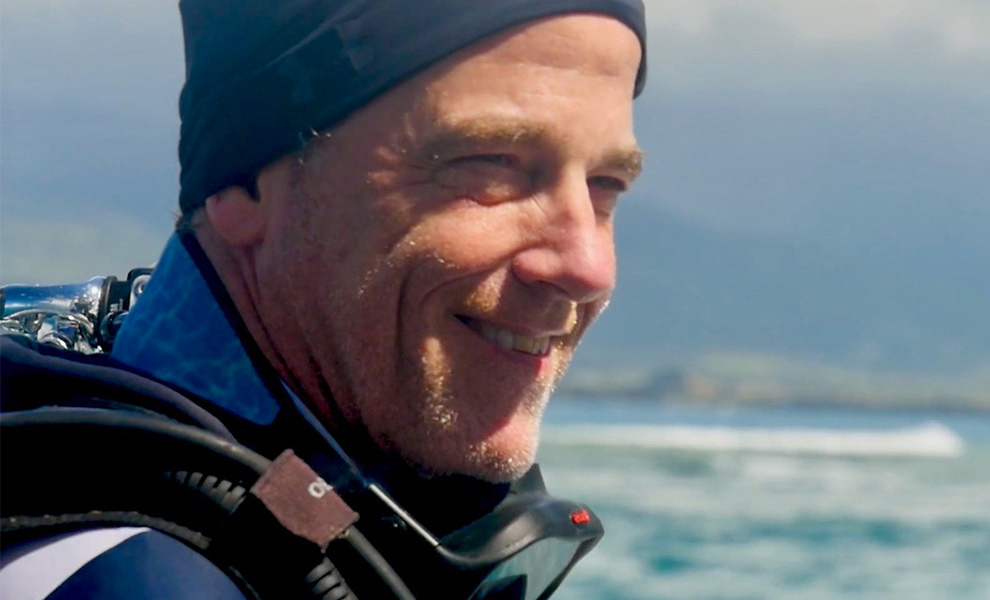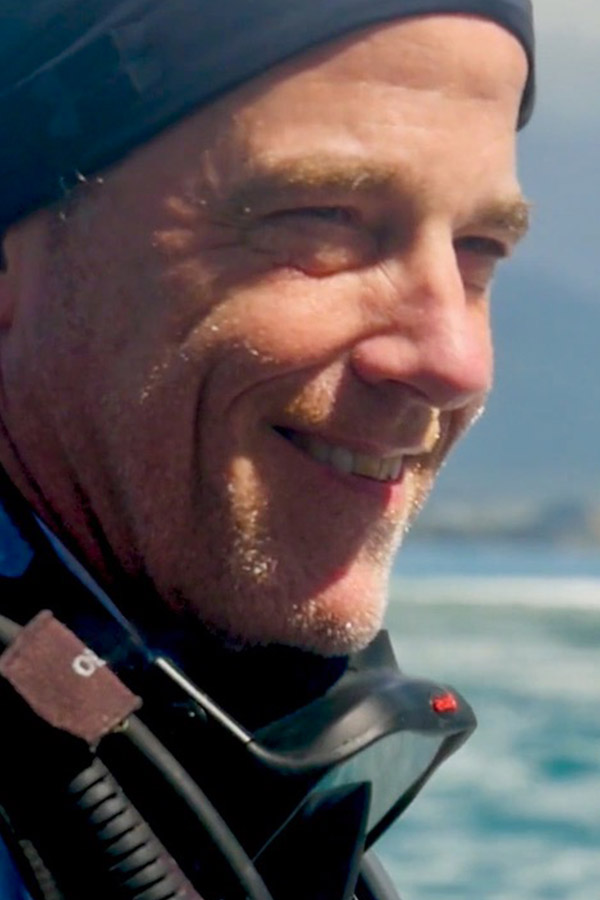The ICCF Group talked to FORCE BLUE Executive Director and Co-Founder Jim Ritterhoff, highlighting the powerful relationship between veterans and marine conservation.
What is FORCE BLUE and what makes you unique in the conservation community?
Established in 2016 as a means of addressing two (2) seemingly unrelated issues — the rapidly declining health of our oceans and the difficulty far too many servicemen and women have in adjusting to civilian life once their service ends —FORCE BLUE is the only 501c3 nonprofit organization in the world that retrains and redeploys former Special Operations veterans and military trained combat divers to work alongside scientists and environmentalists on marine conservation missions.
Harkening back to the days of Jacques Cousteau and the French frogmen he trained, FORCE BLUE has assembled a modern-day cadre of elite military veterans with the aptitude and ability to achieve great things on the conservation front — and the visibility to let the world know about it. Through its composition and commitment, FORCE BLUE is building a nonpartisan model of caring, cooperation and positive change with the power to restore lives and the planet.
What are you proud of? What challenges you?
Since its inception, FORCE BLUE has partnered with some of the biggest names in the marine scientific community, deploying dozens of Special Operations veterans to work on projects ranging from coral reef and kelp forest restoration to marine debris removal and marine reptile rescue throughout the U.S. and the Caribbean. With the support of key corporate sponsors (many of whom have never participated in marine conservation before), FORCE BLUE veterans have deployed on several high-profile projects that have produced hundreds of print and television stories, three documentary films and millions of dollars of earned media coverage. The biggest challenge, of course — as it is for all nonprofit NGO’s — is fundraising. How do we maintain the steady stream of funding necessary to continuously train and deploy more veterans?
Why is it important for policymakers to prioritize conserving and restoring the marine environment?
Simply put, because our lives depend on it. The health of our marine ecosystems and resources are vital to the health of our planet. This is about much more than just abundant fish populations or pristine coastlines. Without a healthy marine environment, the day will come when we are no longer able to breathe fresh air or drink clean water — which makes conserving and restoring our marine resources an existential priority.
The Senate and House Oceans Caucus Co-Chairs have recently introduced the DYVACA. How would this bill impact an organization like FORCE BLUE?
Should the Don Young Veterans Advancing Conservation Act (DYVACA) be passed into law, the impact on FORCE BLUE and other organizations would be both tremendous and immediate. With no shortage of demand out there for skilled underwater and maritime operators like FORCE BLUE’s veteran workforce, the grant funding provided through DYVACA would enable us to train, onboard and deploy more veterans on more missions in more places throughout the CONUS.


 Regional Headquarters
Regional Headquarters